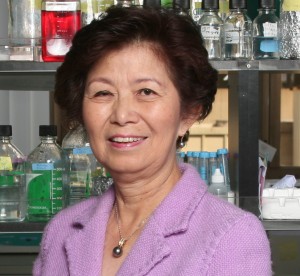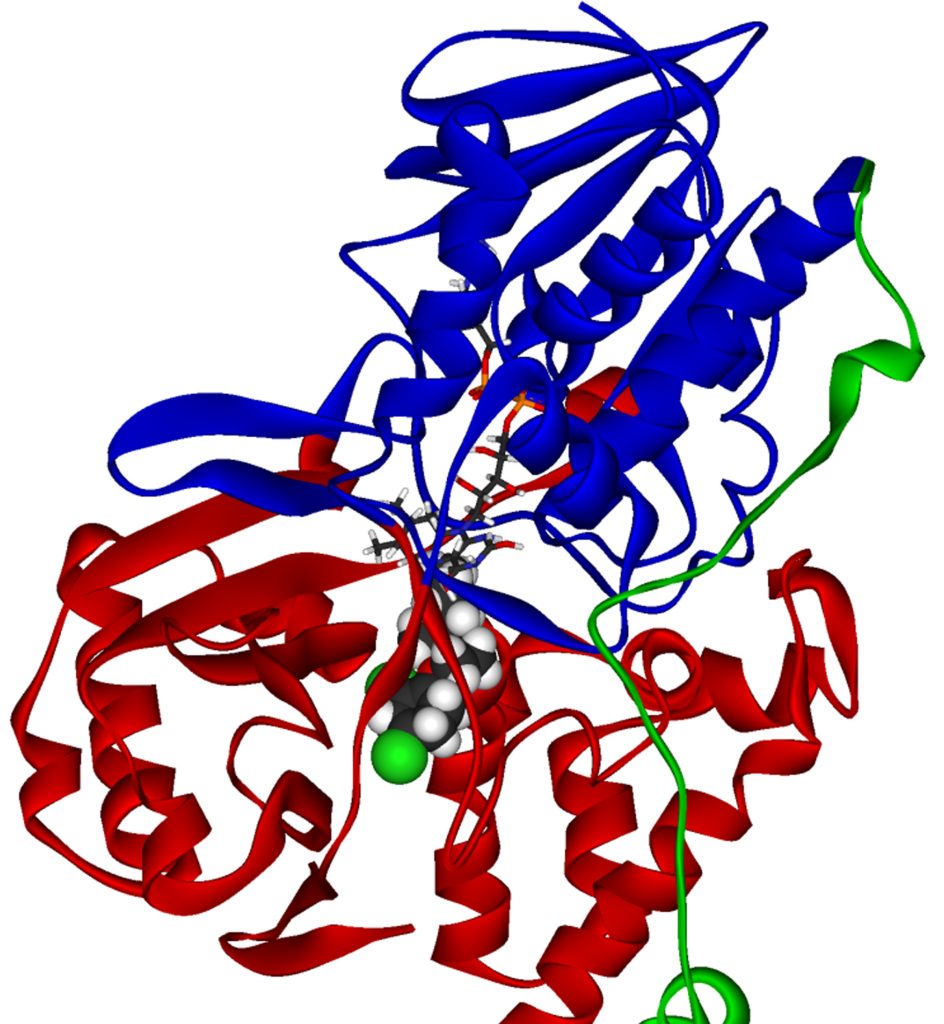The Center for USC-Taiwan Translational Research Center hosted a session on the MAO-A gene and its clinical application at the 15th International Symposium of the Society of Chinese Bioscientists in America on June 28 in Taipei, Taiwan. The center is housed at the USC School of Pharmacy.

Co-chairing the session was Jean Chen Shih, director of the USC-Taiwan Translational Research Center which is supported by the USC Daniel Tsai Fund for Translational Research. The binational research center focuses on promising new leads in the fight against cancer, autism and cardiovascular diseases aiming to develop pharmaceuticals that target monoamine oxidase (MAO), a key enzyme that regulates brain function and may be linked to cancer risk.
“This session provided an opportunity to share promising research that targets the MAO-A gene and potential therapeutics for cancer, autism and heart disease,” said Shih. “We are very grateful to the Tsai family for supporting this work.”
Like the center, speakers at the center’s sponsored session span the Pacific Rim. Co-chairing the session with Shih was Jackson Chieh-His Wu, China Medical University (Taichung), who also presented a talk entitled, “Potential Application of Monoamine Oxidase Inhibitors in the Prevention of Restenosis.”
William Chun-Peng Liao, Keck School of Medicine of USC (Los Angeles), presented “Loss of MAO-A in Prostate Epithelium Delays Carcinogenesis in a Mouse Model of Prostate Cancer.” Jason Chien-Sheng Chen, National Central University (Taoyuan City) discussed “Autoantibody Profiling of MAO-A KO Mice Using Human Proteome Microarrays: In Search of Biomarkers for ASD.”
Other presentations included Jami Pei-Chuan Li, USC School of Pharmacy and Taipei Medical University on “Monoamine Oxidase A Mediates the Growth of Hodgkin’s Lymphoma,” and Pei-Ching Chang, National Yang-Ming University (Taipei), on “MAO-A Mediates Neuroendocrine Differentiation and Autophagy Activation of Relapsed Prostate Cancer.”
The Society of Chinese Bioscientists in America is the largest organization of its kind with some 2,500 current members in North America, Asia and Europe. Most of the members are professionals in biomedical fields who are of Chines descent. Shih is a past president of the organization. At USC, she is a University Professor and holds the Boyd P. and Elsie D. Welin Professorship in the School of Pharmacy.


